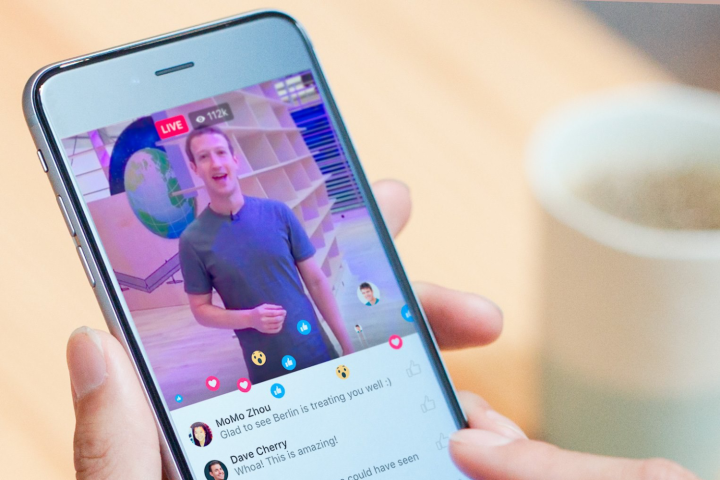
“They don’t want to pay the minimum guaranteed monthly license fee for producing a certain number of minutes,” an exec at one publisher that has been paid by Facebook since 2016 told Digiday. “They want everyone to go into the mid-roll [ad breaks] program.”
Originally, publishers were compensated for producing a set number of minutes to receive a paycheck from Facebook; these minutes could come from either on-demand or live videos. On-demand videos had to be at least 90 seconds long, whereas live videos had a six-minute minimum. The reason for these time frames? They are the minimum requirements for Facebook to test mid-roll ad breaks, of course.
The decision to end the program is said to affect around 300 publishers, including celebrities and other content producers. While the majority of these deals are slated to expire at the end of 2017, some contracts might go through early 2018. The social media giant only began to pay its video creators in 2016, originally setting aside $50 million to pay 140 companies and individuals throughout the year. These old-guard producers included BuzzFeed, The New York Times, Kevin Hart, and Michael Phelps. As a result, a number of media partners created entire Facebook Live teams — The New York Times, for example, had six people focused exclusively on creating these videos, whereas Refinery29 is said to have had a team of up to 10 at one point.
However, Facebook Live hasn’t performed quite as well (at least for advertisers) as expected, and as a result, the company is shifting its focus altogether.
“Facebook said [the most recent deals] were bridge deals until they figured out a monetization system that worked, but the bridge hasn’t gone anywhere,” an exec at one top publisher told Digiday. “We’re going to be significantly scaling back the amount of native videos we publish to Facebook and look elsewhere. If they came back to us six months from now and offered to pay for another type of program, I’m not sure we’d go back because none of it has worked.”


